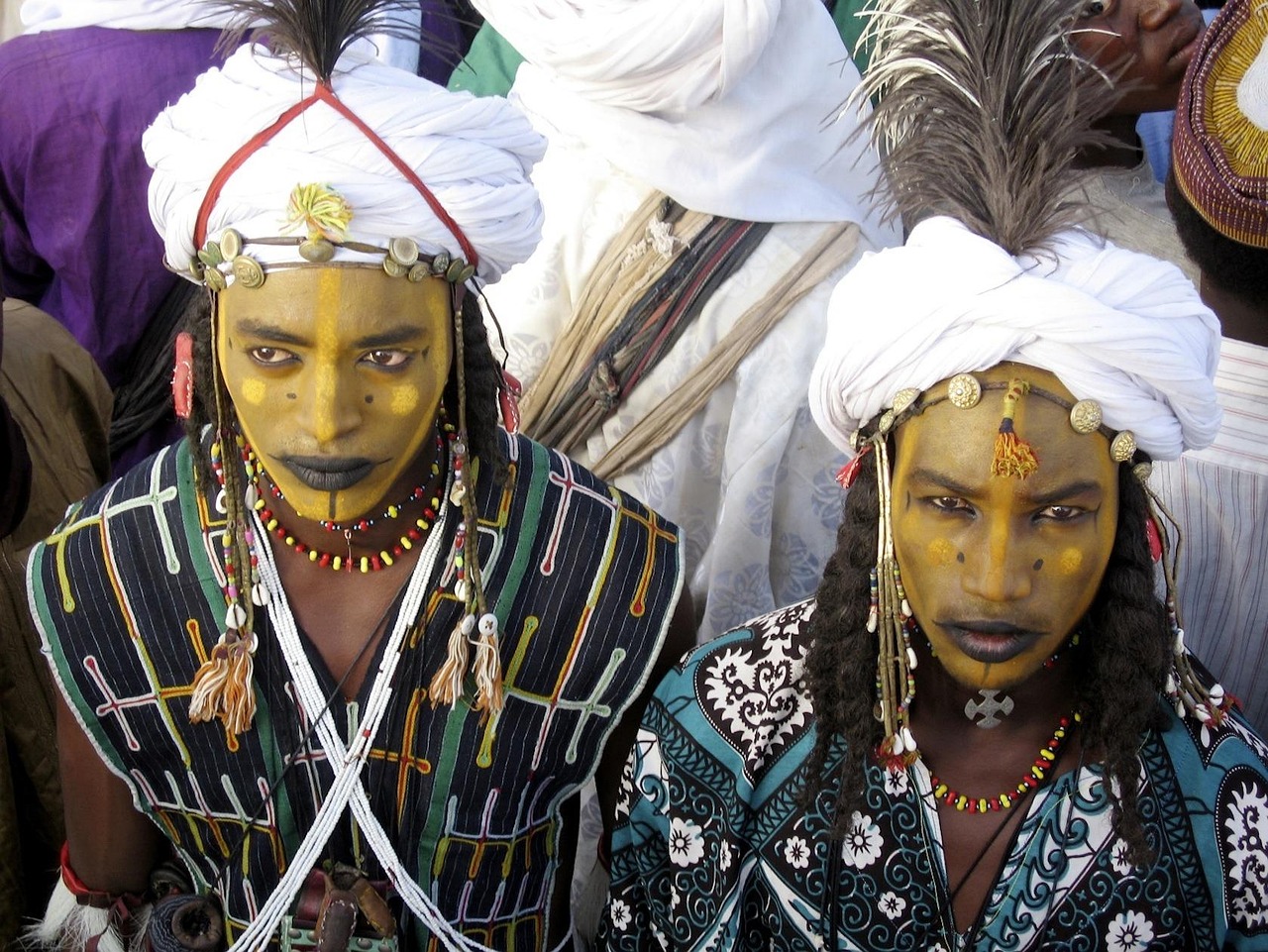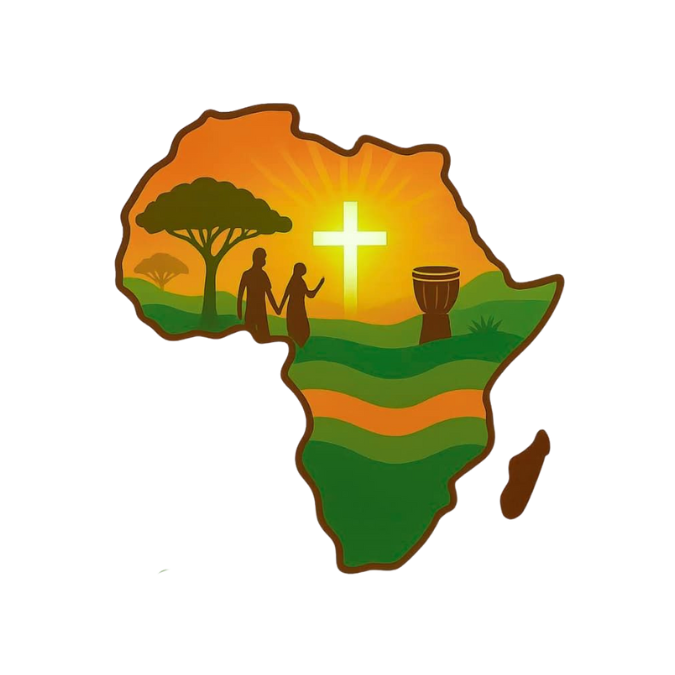
My journey to the Republic of Niger started in silence. When I told my family I was leaving for a mission, the room grew cold, as if a funeral had begun. The next Sunday, when I shared the news with my parishioners, their reaction was even sharper: the congregation burst into tears. Their fear stemmed from the dominant media narrative: a war-ravaged Muslim nation suffering from terrorism and drought. However, the fears of well-meaning people often hide a deeper truth. I went to Niger expecting apprehension, but I found an extraordinary and resilient faith. This is the story of Niger’s small Christian community, a witness built not by triumph but through fire and storm.
A resilient community in a secular state
Contrary to popular perceptions, Niger is officially a secular state governed by a secular constitution. While Muslims form the overwhelming majority, there is also a small but resilient Christian community.
According to the U.S. Department of State, Christians comprise less than 2% of the population, approximately 500,000 people out of 24.4 million, as of mid-2023. Caritas Niger, a Catholic charity, counts around 25,000 Catholics, spread across 21 parishes in two dioceses: the Archdiocese of Niamey and the Diocese of Maradi. Though small and often silent, these communities offer a profound testament to the resilience of Christianity in unlikely soil.
Unlike in regions where Christianity spreads triumphantly, in Niger, the Gospel is lived quietly. Missionaries and local believers witness through relationships, service, dialogue, charity, and authentic living. Here, the word of God is less proclaimed by loud voices than revealed through daily action that disperses darkness with the power of witness.
Indigenous faith and expanding outreach
It is also incorrect to assume Christianity in Niger is only for expatriates. Indigenous believers, though few, exist among the Tuareg, Fulani (Peul), Zarma, and Hausa—many of them converts from Islam. Protestant ministries among the nomadic Fulani are expanding rapidly, supported by charities such as Caritas and World Vision, which also sponsor initiatives for peacebuilding and interfaith dialogue.
Whether it is a priest driving through desert sands to celebrate Mass, a pastor walking with Fulani converts, or a Catholic nun running schools and health centers in remote villages, the Church mirrors Christ’s mandate to “make disciples of all nations.”
Across Niger, Christians serve not only their own but also Muslims, expatriates, and migrants crossing the Sahara. In Arlit, 200 km from Algeria, Fr. Narcisse Ayeda, born in Niger to Beninese parents, ministers mostly to these migrants and uranium workers.
“Ours is a pastoral of listening, charity, and assistance,” he admits. “We share with the immigrants what we can afford, like food, shelter, money, and clothing. And we do that with gratefulness and love because they are pilgrims on a search for survival.”
Pastor Djibril, a Fulani convert, leads a growing Fulani Christian community in Bermo. “My joy,” he says, “is to show my brothers the light of Christ, to help them see peace and love.” Meanwhile, Paul Kiema from Burkina Faso directs Alliance Biblique in Maradi, distributing Bibles and projecting biblical films in local languages. “We aim to transform humanity through the word of God and make Christ present among the people,” he states.
Suffering and the threat of violence
Yet, this ministry of service and dialogue exists in the shadow of very real violence and suffering.
In 2015, during the Charlie Hebdo crisis, years of Christian-Muslim dialogue collapsed overnight. Rioters, stirred by fundamentalist imams, burned churches, schools, and Christian homes in Niamey, Zinder, and other towns. France 24 and Catholic News Agency documented the destruction; Al Jazeera reported at least four deaths. Priests barely escaped mobs; churches in Zinder were razed to the ground but later rebuilt with aid from Church in Need.
Though the government condemned the attacks and has since tightened controls, violence still threatens. In recent years, parishes in the Archdiocese of Niamey have been lost to attacks from the Islamic State in the Greater Sahara and al-Qaeda-linked JNIM near Mali and Burkina Faso. In Diffa, Boko Haram raids continue to force parish closures and Christian evacuations.
Cultural prejudice and discrimination
Persecution is not only physical but cultural. Christians often face prejudice and discrimination in daily life.
Mama Brigard, a Hausa widow from a village near Maradi, has been stoned repeatedly by Muslim children on her way to Mass. Asked what sustains her, she points to the small cross on her neck: “This is what keeps me. Christ lives in me.”
Mama Bona, a Tuareg Christian widow married to a deceased Malian expatriate, was disowned by her family for marrying an “infidel.” Each visit to her village reminds her of exclusion. “It is ignorance,” she says softly. “I was once like them, but I pray God opens their eyes.”
Discrimination extends to employment. Article 147 of Niger’s 2010 Constitution requires companies to employ Nigeriens first. While intended to protect citizens, this law often harms Christian institutions, such as schools and charities, by making it difficult to hire qualified foreign nationals. Niger ranks at the bottom of the UNDP Education Index and has one of the world’s lowest literacy rates; yet, merit is often ignored in favour of nationality.
Augustine, a 35-year-old Catholic contract teacher from Togo, laments: “You work harder than others, but you are paid less and treated as inferior simply because you are not a citizen. Many often hide incompetence behind the façade of indigene status.”
Even Indigenous Christians face bias. Muntari, a 45-year-old Catholic, recalls losing his job when Muslim colleagues gave him false negative reviews. “At first, they thought I was Muslim because of my name. But once they knew I was Christian, the veil fell. I worked harder than most, but it was my faith, not my competence, that betrayed me.”
Christianity in Niger is gradually spreading, supported by pastoral resilience and relative stability, but it remains a faith under pressure—small, quiet, sometimes scorned. Above all, it is a testimony shaped by fire and storm, enduring prejudice yet shining with hope. It is a faith that does not boast loudly, but speaks in the silence after the storm, a testament to a hope that defies every funeral dirge sung in its name.



